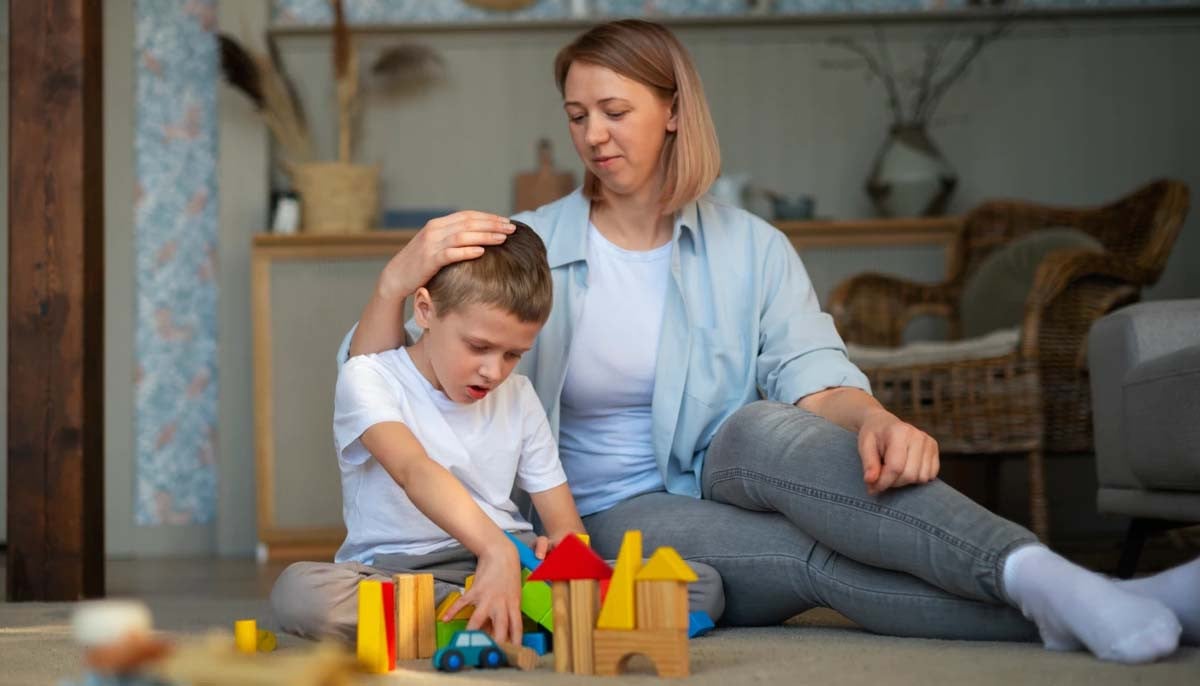Six infected with deadly brain worms after consuming black bear meat: report
CDC warns of symptoms of brain worms and suggests how to kill them
At least six members of a family were infected with brain worms after consuming black bear meat, harvested earlier by one of the family members, CBS News reported citing a report by the Centers for Disease Control and Prevention (CDC).
According to the report, in July 2022, a Minnesota man was hospitalised several times with symptoms including fever, muscle soreness and swelling around his eyes.
He revealed that he had attended a family gathering in South Dakota and shared kabobs made from black bear meat that had been in a freezer for a month and a half before being thawed out for the meal.
Family members began eating the kabobs but noted that the meat tasted underdone, so it was recooked and served again.
According to the CDC report, because the meat was darker in colour, it was initially and inadvertently served rare.
The 29-year-old Minnesota man was diagnosed with trichinellosis, a roundworm which is rare in humans and usually acquired through the consumption of wild game.
Once in a human host, the larvae can then move through the body to muscle tissue and organs, including the brain.
Five other family members were diagnosed with being infected by the same worms. Three family members were hospitalised, and were treated with albendazole, which keeps the worms from absorbing sugar "so that the worm loses energy and dies".
According to the CDC, the only way to kill trichinella parasites is to adequately cook the meat it resides in, to an internal temperature of at least 165°F.
It warned that it can cross-contaminate other foods.
According to Dr Céline Gounder, symptoms of brain worm infection can include nausea, vomiting, headaches and seizures.
-
Antioxidants found to be protective agents against cognitive decline
-
Coffee reduces cancer risk, research suggests
-
Keto diet emerges as key to Alzheimer's cure
-
What you need to know about ischemic stroke
-
Shocking reason behind type 2 diabetes revealed by scientists
-
Simple 'finger test' unveils lung cancer diagnosis
-
Groundbreaking treatment for sepsis emerges in new study
-
All you need to know guide to rosacea












